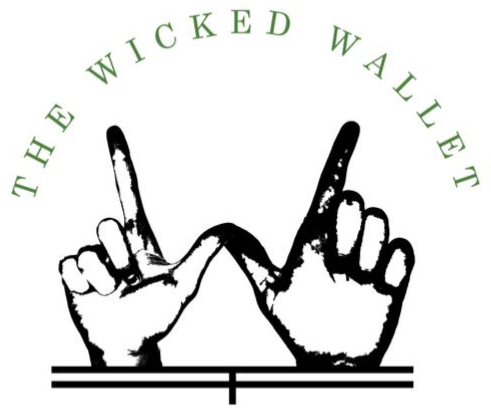With all the craziness going on in the world that’s stemming from the Corona virus it’s now more important than ever to have your finances in order. A number of industries are struggling immensely and people are getting laid off left and right. This past week the United States broke their unemployment claims with 3.3 million, the previous record was set in 1982 with 695K claims. (nytimes.com)
Challenging times like these can be a personal finance wake up call for many. With that being said let’s get into some personal finance tips that can help you prepare.
Emergency Fund
If you’re not familiar with this term emergency fund it is an account that you have set aside in case of an emergency. Setting up and saving for an emergency fund is a great way to prepare yourself for a financial burden caused by an emergency.
A good beginning target for your emergency fund would be 3-6 months of your total monthly expenses. A 3-6 month cushion is a great start but the more you can put away the better off you will be in an emergency.
If you want to learn more about setting up an emergency count then click here to read: Why You Need An Emergency Fund.
Focus On Your Budget
Sticking to a budget is always a great idea, but it’s an even better idea to stick to one in a time of uncertainty. When creating a budget you have to figure out what strategy is best for you.
For instance some find it easy to recieve their paycheck and allocate it appropriately based on their budget. However, many will find this strategy to be difficult to abide to and need something less manual.
A great way to do this is by setting up automatic transfers that occur right when your paycheck is deposited. The money that is transferred out will be applied to your savings and investments while the funds that remain in that initial account will be used for that pay periods spending. Having less discretionary money in one account will force you to adjust and adapt to spending that amount each pay period.
Finding a budget strategy that works for you is key to your saving success. We personally use The Backwards Budget Strategy and it allows us to save 70% of our income. If you want to learn more about this strategy then tap here.
Should You Invest Before Paying off Debt?
Before you even think about investing you want to make sure you have your emergency fund established. Once your emergency fund is established you can then tackle this question.
One of the things that you want to evaluate is your overall risk tolerance. When it comes to the question of investing before paying off debt you need to ask yourself what is your risk tolerance.
Does the idea of paying off debt for multiple years make you cringe? Would you feel better if you paid that debt off faster? Or, are you okay with making minimum payments throughout the life of the loan and investing that additional capital?
Understanding your risk tolerance can help you answer this question, however even with this understanding you may still be unsure. Some other factors to consider include: employer match, consumer debt, interest rates, tax benefits, and prepayment penalties. If you want to dive deeper and learn more about these factors then check out our article Should I Invest Before Paying Off Debt.
Closing Thoughts
Having your finances in order should always be a priority. The current state of the world is creating a lot of economic uncertainty and more and more people are finding themselves in financial hardships. The topics above will assist you in getting your financial house in order and create a defense to any financial hardships that you may face.
If you learned something from this article please share it with someone you know that may benefit.
For more wicked reads check out these articles:



